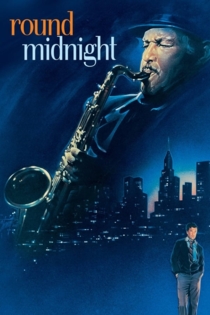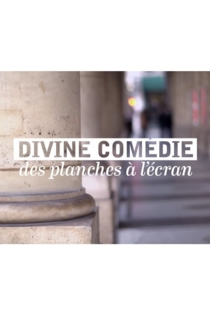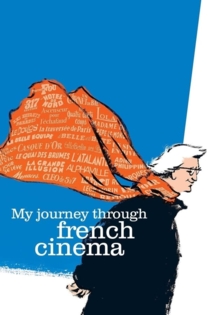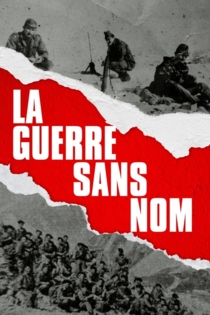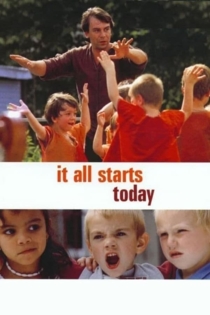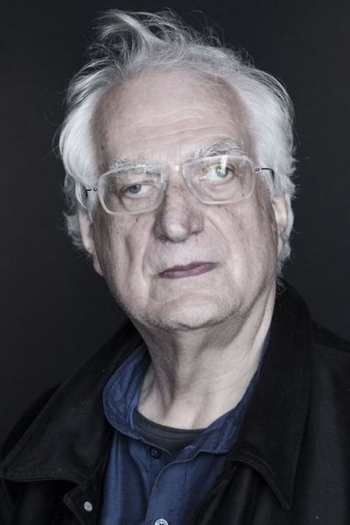
Bertrand Tavernier
1941 (84 года)Michel Legrand: Sans demi-mesure
Grégory Monro
Michel Legrand, Damien Chazelle
This documentary recounts the life of the late composer Michel Legrand, known for his works on Les Parapluies de Cherbourg or Les Demoiselles De Rochefort with the famous director Jacques Demy.
Michel Legrand, sans demi-mesure
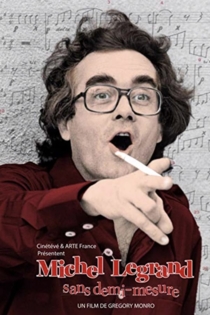
The Lumière Brothers' First Films
Brian Q. Kelley, Thierry Frémaux
Mrs. Auguste Lumière, Antoine Lumière
A collection of short films made by the Lumiere brothers, a team of pioneering filmmakers in turn-of-the-century France, narrated by Bertrand Tavernier.
The Lumière Brothers' First Films
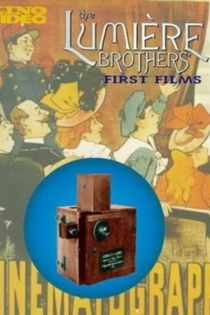
Clint Eastwood: Out of the Shadows
Bruce Ricker
Morgan Freeman, Clint Eastwood
Hollywood careers are full of make-or-break moments. For Clint Eastwood, one such moment came when studio powers agreed to let him make his directing debut. That story and others comprise this portrait of the famed Hollywood icon. His career is explored via an array of film clips, interviews and more.
Clint Eastwood: Out of the Shadows
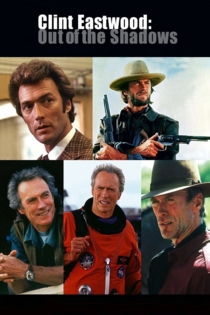
Blue Note - A Story of Modern Jazz
Andreas Morell, Julian Benedikt
Freddie Hubbard, Gil Mellé
"It must schwing!" was the motto of Alfred Lion and Francis Wolff, two German Jewish immigrants who in 1939 set up Blue Note Records, the jazz label that was home to such greats as Miles Davis, John Coltrane, Herbie Hancock, Thelonious Monk, Art Blakey, Dexter Gordon and Sonny Rollins. Blue Note, the most successful movie ever made about jazz, is a testimony to the passion and vision of these two men and certainly swings like the propulsive sounds that made their label so famous.
Blue Note - A Story of Modern Jazz
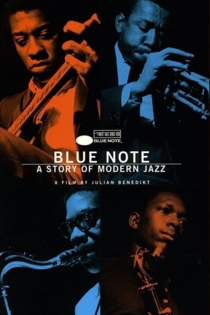
Hôtel Terminus: The Life and Times of Klaus Barbie
Marcel Ophüls
Klaus Barbie, Marcel Ophüls
Winner of a Best Documentary Academy Award, Marcel Ophuls' riveting film details the heinous legacy of the Gestapo head dubbed "The Butcher of Lyon." Responsible for over 4,000 deaths in occupied France during World War II, Barbie would escape--with U.S. help--to South America in 1951, where he lived until a global manhunt led to his 1983 arrest and subsequent trial.
Hôtel Terminus: The Life and Times of Klaus Barbie
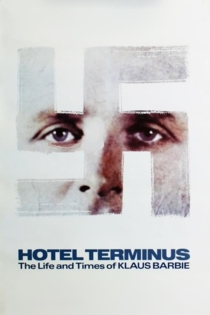
Life and Nothing But
Bertrand Tavernier
Philippe Noiret, Sabine Azéma
January, 1920. 350,000 French soldiers remain missing in action. Major Dellaplane tirelessly matches the dead and the wounded with families' descriptions. Honor and ethics drive him; he hates the idea of "the unknown soldier." Into his sector, looking for her husband, comes a haughty, politically connected Parisian, Madame Irène de Courtil. Brusquely, Dellaplane offers her 1/350,000th of his time, but as their paths cross and she sees his courage and resolve, feelings change. After he finds a surprising connection between her missing husband and a local teacher, Irène makes Dellaplane an offer. This man of action hesitates: has he missed his only chance?
Life and Nothing But
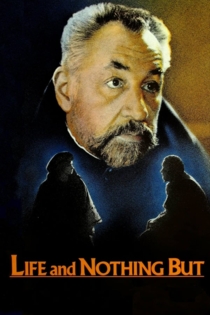
Claude Sautet ou La magie invisible
N.T. Binh
Claude Sautet, Bertrand Tavernier
Thanks to a series of unpublished interviews, recorded shortly before his death, director Claude Sautet gives us a fascinating lesson in cinema. Through his thirteen films, he tells about his career and his work as a director.
Claude Sautet or the Invisible Magic
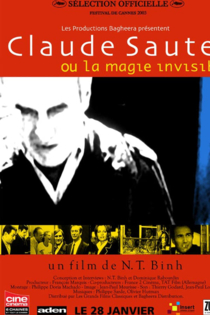
Code Name: Melville
Olivier Bohler
Michel Dreyfus-Schmidt, Leo Fortel
Mixing interviews, rare archival footage and film extracts, the film shows how Melville's works were impacted by what he experienced in his youth during WWII, and how it structured his whole approach to cinema, not only in its thematic but also in its aesthetics.
Code Name: Melville
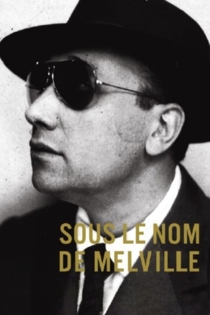
François Truffaut: Portraits volés
Michel Pascal, Serge Toubaina
François Truffaut, Jean-Pierre Léaud
Twenty-six people - including two daughters, an ex-wife, his last lover, actors, fellow directors and writers, a neighbor, and boyhood friends - talk about François Truffaut. They discuss his attitudes toward wealth, his early writings about cinema, the undercurrent of violence in his films and his personality, the way he used and altered events in his life when making films, his search for a father (both artistic and biological), his relationship with his mother, the scenes in his films that cause a squirm of embarrassment, and his ultimate mysticism. Clips from a dozen of his films are included.
François Truffaut: Stolen Portraits
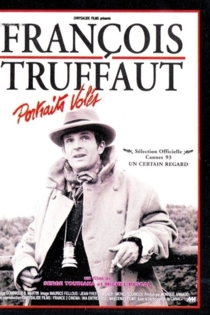
Un dimanche à la campagne
Bertrand Tavernier
Sabine Azéma, Louis Ducreux
In France, before WWI. As every Sunday, an old painter living in the country is visited by his son Gonzague, coming with his wife and his three children. Then his daugther Irene arrives. She is always in a hurry, she lives alone and does not come so often... An intimist chronicle in which what is not shown, what is guessed, is more important than how it looks, dealing with what each character expects of life.
A Sunday in the Country
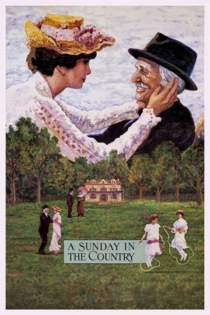
’Round Midnight
Bertrand Tavernier
Dexter Gordon, Франсуа Клузе
Inside the Blue Note nightclub one night in 1959 Paris, an aged, ailing jazzman coaxes an eloquent wail from his tenor sax. Outside, a young Parisian too broke to buy a glass of wine strains to hear those notes. Soon they will form a friendship that sparks a final burst of genius.
'Round Midnight
